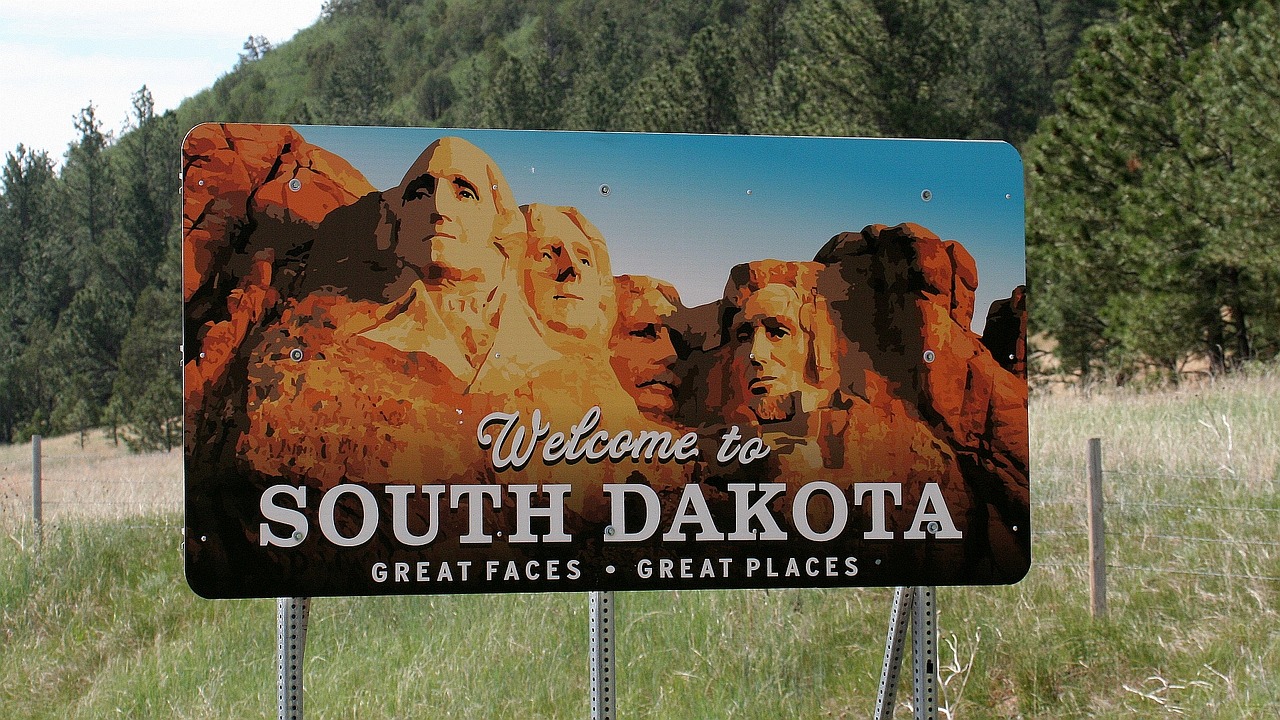The South Dakota Open Primaries campaign, which is sponsoring an initiative that would establish top-two open primaries in the state, submitted approximately 46,500 signatures to the secretary of state on May 7, 2024.
The initiative would provide for open primary elections for the offices of governor, state legislator, county official, U.S. Senator, and U.S. Representative. All candidates for a certain office would be listed on the primary ballot, regardless of the candidate’s political party, and the two candidates receiving the highest number of votes for a single office will advance to the general election.
A top-two primary is a type of primary election where all candidates are listed on the same ballot. The top two vote-getters advance to the general election, regardless of their partisan affiliations.
Two states—California and Washington—use a top-two primary system for congressional and state-level elections. Washington became the first state to adopt a top-two primary system with the passage of Initiative 872 in 2004, which voters approved by 59.85%-40.15%. California approved top-two primaries in 2010 when voters approved Proposition 14 by 53.73%-46.27%.
Nebraska uses a top-two primary system for state legislative elections because Nebraska’s state legislature is nonpartisan. Partisan affiliation labels are not listed alongside the names of state legislative candidates. Alaska uses a top-four primary system for state executive, state legislative, and congressional elections, which voters approved in 2020 by 50.55%-49.45%.
Joe Kirby, speaking on behalf of South Dakota Open Primaries, said, “Our top-two primaries constitutional proposal eliminates separate ballots for each party. All registered South Dakota voters would get the same ballot. It would cover the three congressional offices, the governor, the legislature and county offices. It would be a South Dakota primary, not a Republican or Democrat primary.”
State Republican Party Chairman and State Sen. John Wiik (R-4) opposes the initiative, and said, “I want Republicans to be able to choose the Republican candidate, and Democrats to choose the Democrat candidate. If you want to be an independent, then you’re independent of the decisions that affect your lives.”
Wiik commented to the Associated Press that the Republican Central Committee unanimously opposed the measure. State Democratic Party Executive Director Dan Ahlers told the Associated Press that the state Democratic Party hasn’t taken a stance on the measure.
In South Dakota, 35,017 valid signatures are required to qualify an initiated constitutional amendment. The signature deadline for initiative campaigns in South Dakota was May 7, 2024. Signatures were also submitted for an amendment that would make abortion legal in the state with regulations after the first and second trimesters, a statute that would legalize recreational marijuana in the state, and a statute that would prohibit state sales taxes on food and groceries.


